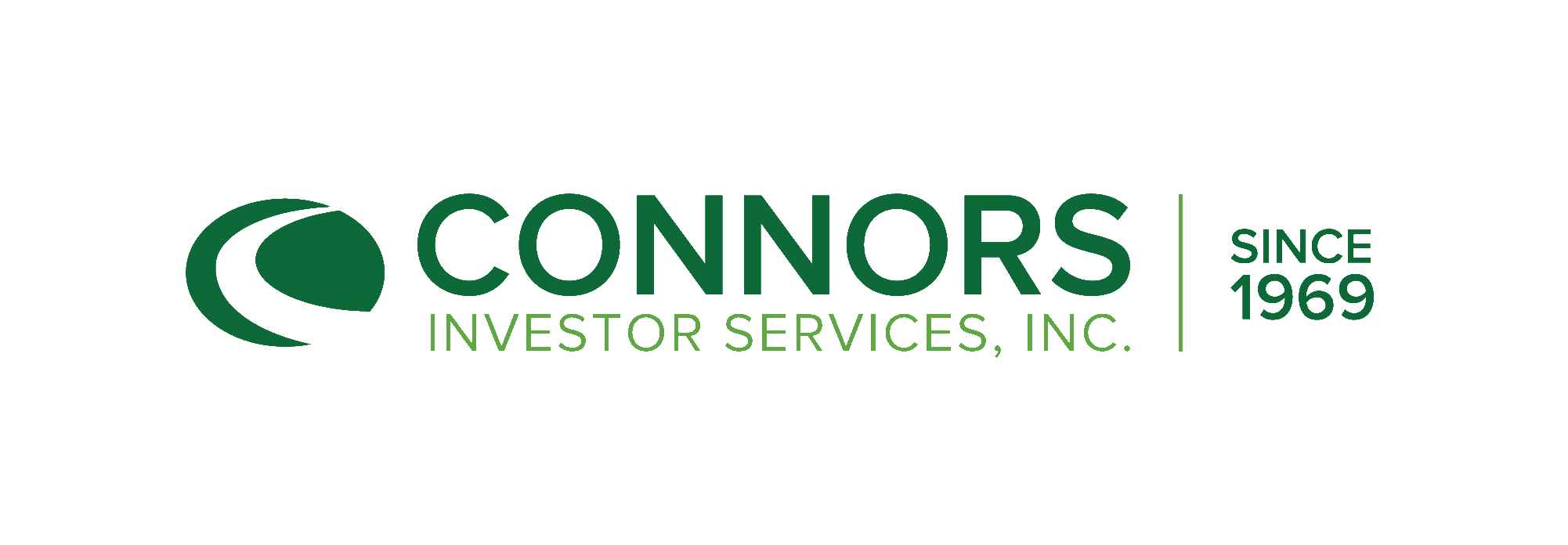Optimism often permeates many areas of our lives at the start of a new year, and as 2021 began, that was certainly the case as countries began to vaccinate their citizens. Economies around the world validated the “V”-shaped recovery scenario as activity resumed from the severe lockdowns earlier in the year as businesses and people proved resilient in the face of the pandemic. Further, governments and central banks moved decisively with fiscal and monetary stimulus. It has been clearly telegraphed that these efforts will continue, particularly here in the U.S. as Fed Chair Jerome Powell has stated that accommodative monetary policy should be expected until maximum employment and 2% average inflation have been achieved. Though unemployment continues to be high, recent data clearly indicate a dramatic economic recovery is here.
Reflecting all these positive aspects, equity markets have continued their historic gains as both the S&P 500® and Russell 2000® achieved historic highs during the first quarter. Our benchmark for the small company strategy, the Russell 2000® finished out the period with a return of 12.69%. Our strategy returned 10.10%, net of fees, trailing the benchmark but not entirely unexpectedly due to strong outperformance over the past several quarters.
Specific performance highlights of companies which led performance during the final quarter of the year are as follows:
Sonos (SONO), an innovative wireless audio company, has delivered solid results generally exceeding expectations since its public debut in August of 2018. Management continues to skillfully deliver high quality, elegantly designed products and is establishing partnerships which are expanding its end markets. We continue to believe the company has much further to go as it targets new product launches and home automation continues its secular growth.
PDC Energy (PDCE), an oil and gas company, led performance in the quarter as commodity prices rebounded on the resumption of economic activity improving demand. Management has articulated a multi-year plan on balancing production, cash flow and debt reduction to drive shareholder value, which includes guidance to initiate a dividend sometime this year. The company is also actively addressing environmental issues which are increasing in prominence among investors.
Lovesac (LOVE), a specialty furniture company, was again a positive driver of performance as its financial strength has continued throughout the challenging environment of the past year. We feel that management has skillfully navigated shifting consumer behavior which will continue to drive fundamental growth. A new product introduction which will expand its product line is anticipated this year.
Simmons First National Corp (SFNC), a large regional multibank holding company, supported our portfolio as banks broadly rallied with the improving economic outlook. A steepening yield curve should support profitability going forward. Additionally, management has prudently integrated a number of acquisitions, expanding its markets, and credit quality through the crisis looks to have been well managed.
Axos Financial (AX), a branchless digital bank, rounded out our top performers. As with the above mentioned SFNC, Axos is benefiting from an improving business climate, steepening yield curve and strong credit metrics. The company’s structure supports industry-leading efficiency and fundamentals as digital banking acceptance continues to grow. Management has also made a number of acquisitions which is expanding its offerings beyond traditional banking as it is growing to become a more broadly diversified financial services company.
Activity During the Quarter
Our turnover was approximately 9% as the first quarter saw increased activity relative to the prior year as we sought to lock in gains from some of our larger winners and position the portfolio in accordance with our current assessment of the investing landscape. We trimmed Trupanion (TRUP), Sonos (SONO) and Lovesac (LOVE) as their weights within the portfolio grew from their market-leading performance. Additionally, we exited two positions.
We sold our long-held position in Axon Enterprise (AXON) as it had grown exponentially from our original investment to a market capitalization of approximately $9 billion. In the early part of the quarter, we locked in gains by trimming a significant portion of our holding in Ebix (EBIX) as it spiked higher on some of the frothy, retail-driven short interest speculation.
Approximately a month later, management announced that the company auditor resigned, citing “material weakness” issues and disagreements with management. The stock subsequently plummeted and we sold our remaining position, though still at a gain. Once issues have been resolved we may revisit investing in the company again, but the nature of the uncertainties violated our discipline.
Alternatively, we added to a number of our holdings which we felt offered attractive valuations and/or increased exposure to economic growth. Those holdings we increased were McGrath RentCorp (MGRC), Bottomline Technologies (EPAY), Computer Programs and Systems (CPSI), QTS Realty Trust (QTS), Ameresco (AMRC) and LendingTree (TREE). One new holding introduced to the portfolio was Akoustis Technologies (AKTS), an emerging company developing nd manufacturing RF (radio frequency) filters, which is addressing the secular growth trends in 5G wireless technology.
To start the second quarter, we are overweight Energy, Financials, Consumer Discretionary, Communications and Technology. While matching the benchmark in Real Estate exposure, the portfolio is underweight Healthcare, Consumer Staples, Industrials, and Materials, and continues to have no holdings in Utilities.
General Outlook, Current Positioning/Strategy
With the beginning of 2021, investors have witnessed an impressive achievement in the domestic rollout of vaccines. Though it has not been flawless, the speed and supply have increased dramatically, fostering an improving level of confidence which should continue to support economic recovery and continuing business growth. Reflective of the significant rebound, corporate earnings from large to small have improved and over the next few months year-over-year comparisons will provide some very impressive headlines.
Additionally, as members of the Federal Reserve have spoken publicly, there should be steady support for financial markets from a monetary perspective as interest rates are likely, at least for now, to remain near zero for some time. They have clearly articulated that a return to full employment is essential and concerns over inflation are taking a back seat. From a fiscal perspective, Congress has passed two sweeping economic stimulus packages and the new administration is currently negotiating further actions including a large infrastructure spending proposal as high as $2 trillion. History certainly suggests skepticism for such capital investment in our country is warranted based on political cooperation in the past, but the odds of something actually being done are moderately better.
Markets are reflecting this encouraging economic news. But, as always, investors should be prepared for unforeseen events, disruptions, or even economic overheating which could lead to higher volatility. The benign inflation environment which we have enjoyed for many years could be vulnerable to change given the massive stimulus to date. And with the pandemic, disappointments in vaccine supply, distribution or adoption — or increased risk from virus variants — are all hazards on the road to economic recovery.
As we evaluate our small company universe, we continue to feel the winds are at our back. As a more “pure play” on the domestic economy, the strength of our recovery, both stand-alone and relative to other countries, supports the asset class in our opinion. As we have highlighted in recent commentary, valuations generally continue to be attractive as compared to larger companies. Some of this comparison has narrowed with the strong performance of small vs. large over the past year but opportunity within small-cap persists. The Russell 2000® from an absolute level may appear concerning, but as companies report, top-line recovery should flow through to cash flows and bottom-line results. Additional support for the asset class may be further supported by asset flows as the opportunities are more recognized by large and small investors alike.
Within this environment, smooth sailing is not assured. Concerns over inflation and uneven recovery, company and economic, will present both risk and opportunity. There are also, in our opinion, areas which have captured unwarranted investor optimism – “short interest” plays such as GameStop – and the general excitement over SPACs (special purpose acquisition companies), particularly in the alternative transportation industry. This is an area we are currently watching and working, attending virtual conferences and meetings with managements. It is our belief that this industry is real and there will be winners within it. Yet, much like we experienced during the internet hype around 2000, it is very early, many of these companies have minimal (if any) revenues, and in these meetings, management itself expresses caution for near-term developments while being optimistic about opportunities.
The small-cap asset class is one which offers risk and opportunity. We believe it continues to be a space where thoughtful analysis and forward thinking can offer competitive returns for our clients on an absolute and relative (to other asset classes) basis. It is also an area of the investment world where “themes” spring up and can drive short-term irrationality in industries and sectors. The challenge for professionals is to strive to view these, and all other areas, with clear eyes and a rational assessment of the business. Over our many years of managing the strategy, we generally “miss” the first wave of these, for which we may take criticism. As the crowd moves on and the hype wanes, our process tends to lend itself to finding those companies with sustainable business models within their niche.
We feel it is a privilege to operate in this area of the market for our clients. It is exciting and we are exposed to interesting businesses and management teams before most investors have even heard of them. Though our portfolio is concentrated, we feel our strategy which is focused on niches, management teams and fundamentals, balances opportunity against risk. Short-term volatility bears fruit for long-term returns.
As always, thank you for your confidence in us, and we wish you good health.
Learn more about the Connors Small Companies Strategy including access to materials and commentary...

Important Disclosure Information
This material is being provided for informational purposes only. Any information should not be deemed a recommendation to buy, hold or sell any security. Certain information has been obtained from third-party sources we consider reliable, but we do not guarantee that such information is accurate or complete. This report is not a complete description of the securities, markets, or developments referred to in this material and does not include all available data necessary for making an investment decision. Prior to making an investment decision, please consult with your financial advisor about your individual situation. Investing involves risk and you may incur a profit or loss regardless of strategy selected. There is no guarantee that the statements, opinions or forecasts provided herein will prove to be correct. Opinions are subject to change without notice.
Please remember that past performance may not be indicative of future results. Different types of investments involve varying degrees of risk, and there can be no assurance that the future performance of any specific investment, investment strategy, or product (including the investments and/or investment strategies recommended or undertaken by Connors Investor Services, Inc. [“Connors]), or any non-investment related content, made reference to directly or indirectly in this commentary will be profitable, equal any corresponding indicated historical performance level(s), be suitable for your portfolio or individual situation, or prove successful. Due to various factors, including changing market conditions and/or applicable laws, the content may no longer be reflective of current opinions or positions. Moreover, you should not assume that any discussion or information contained in this commentary serves as the receipt of, or as a substitute for, personalized investment advice from Connors. Historical performance results for investment indices, benchmarks, and/or categories have been provided for general informational/comparison purposes only, and generally do not reflect the deduction of transaction and/or custodial charges, the deduction of an investment management fee, nor the impact of taxes, the incurrence of which would have the effect of decreasing historical performance results. It should not be assumed that your Connors account holdings correspond directly to any comparative indices or categories. Please Also Note: (1) performance results do not reflect the impact of taxes; (2) comparative benchmarks/indices may be more or less volatile than your Connors accounts; and, (3) a description of each comparative benchmark/index is available upon request.







